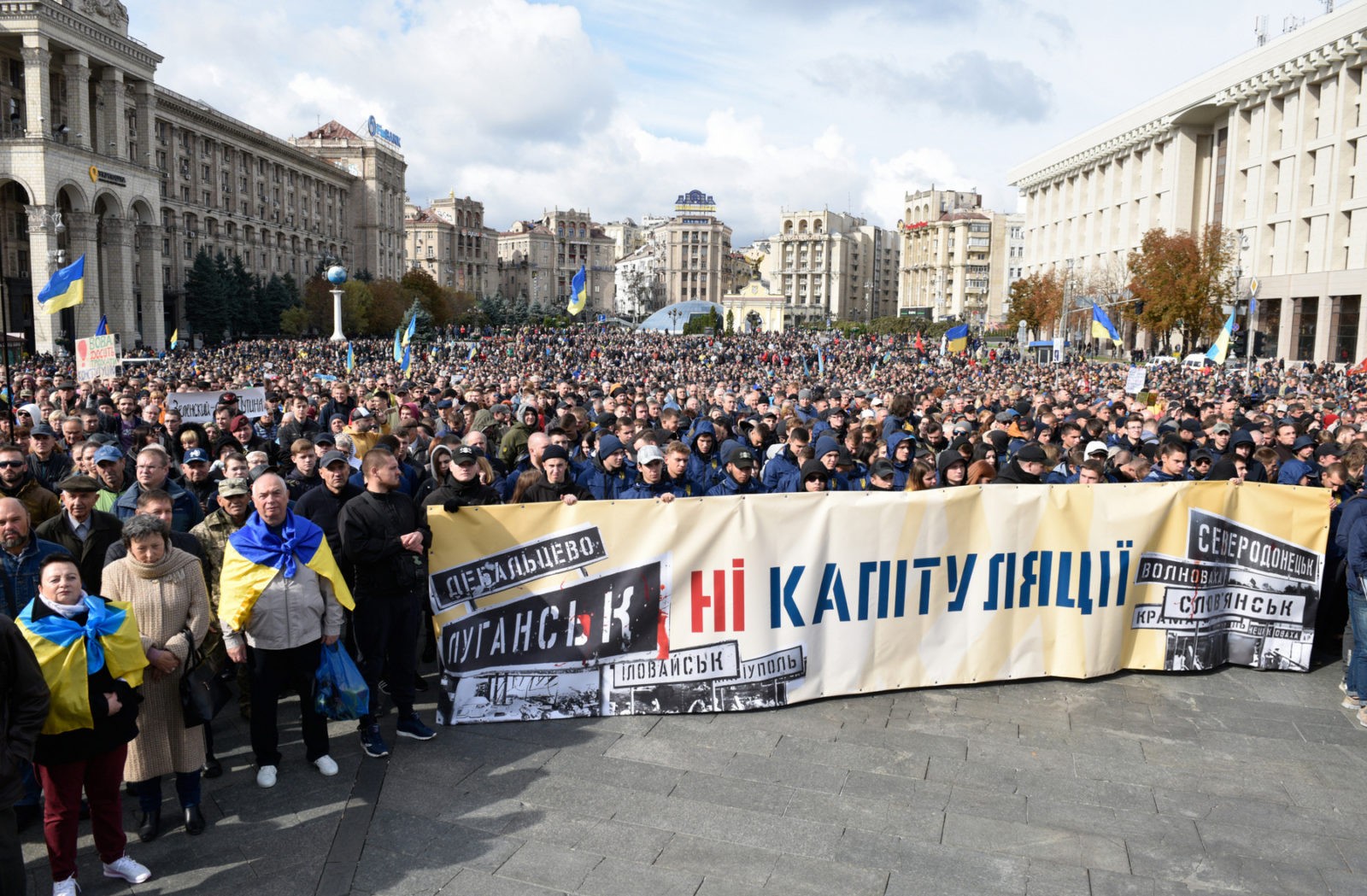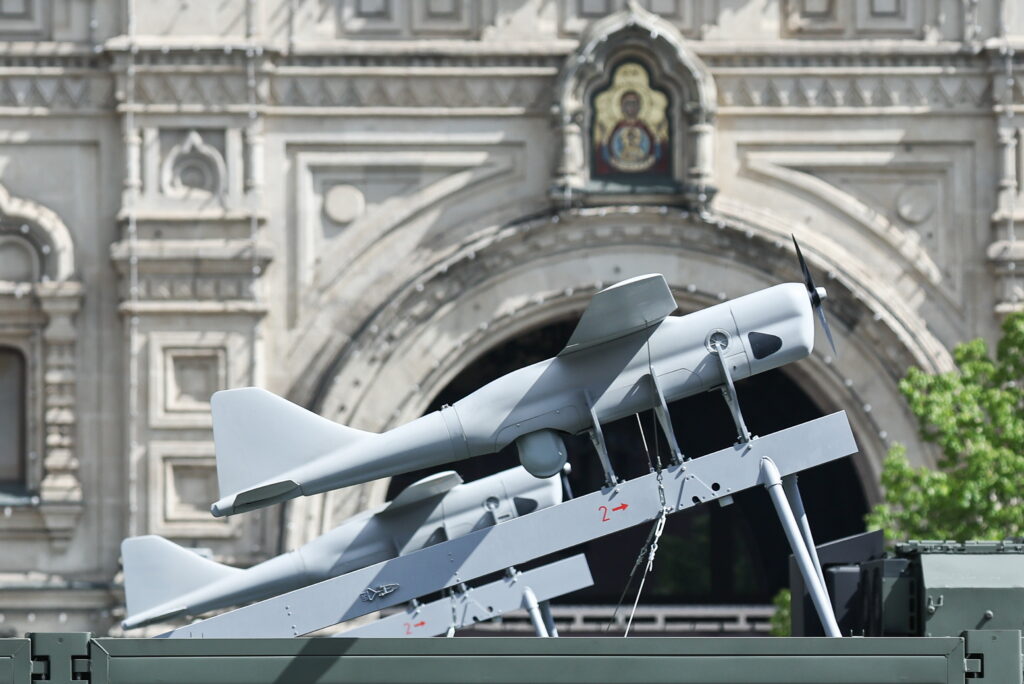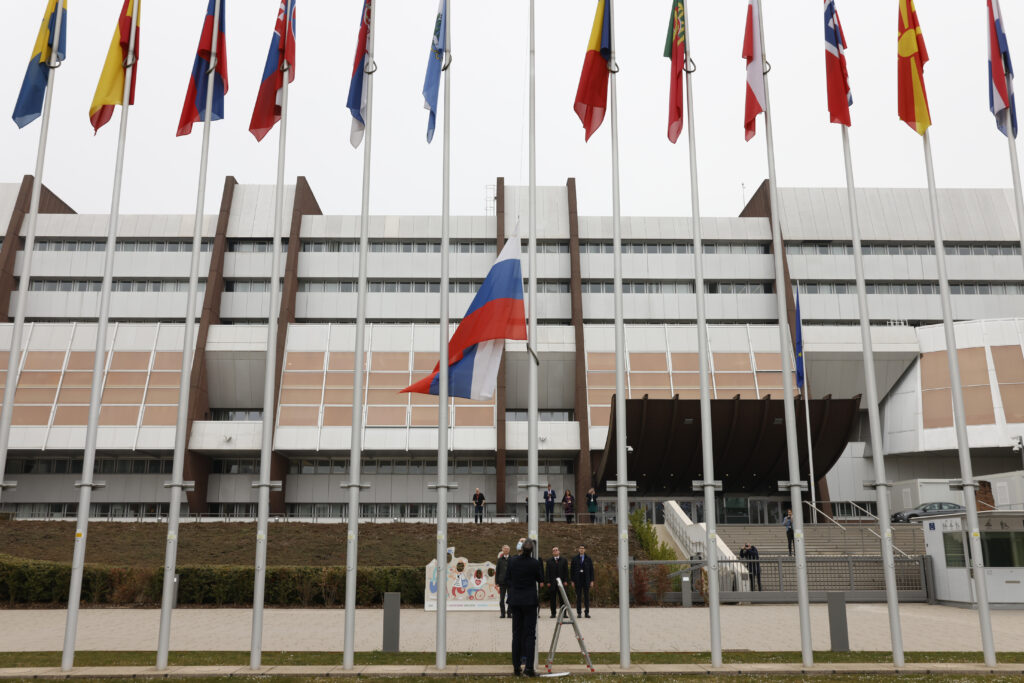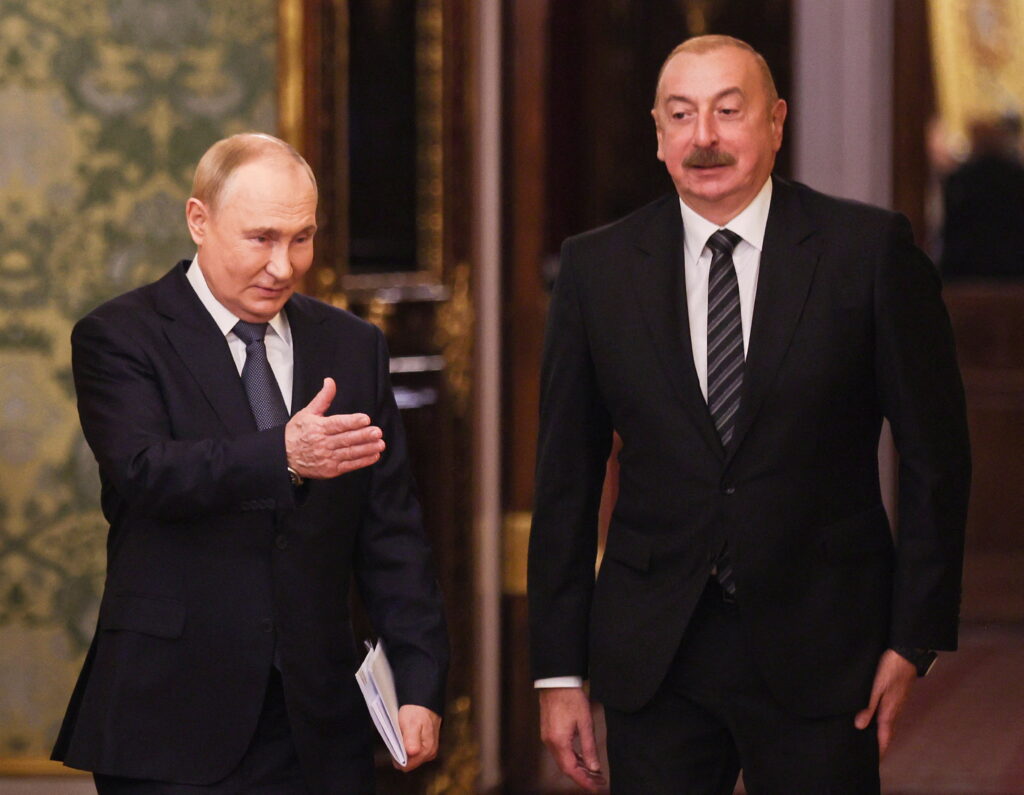The recent signing of the Steinmeier Formula, which outlines the implementation of the Minsk Agreements of 2015, left neither signatories nor observers indifferent. In Ukraine, the move has provoked a wave of discontent. In pro-European circles, it spawned some cautious optimism. The Russian authorities, who had promoted this formula and achieved, so it would seem, success, have also not rushed to celebrate victory. On the contrary; Russia’s Minister of Foreign Affairs declared that Russia had made a concession. Furthermore, many oppositional-minded Russian experts and columnists have appeared openly demoralised and hurried to declare the agreement an act of Ukrainian capitulation. However, this story gives no good grounds to be optimistic about a quick resolution to the conflict, nor reasons to sound the alarm.
It is worth remembering that the Minsk Agreements were signed in the winter of 2015, in the context of the defeat of the Ukrainian army outside Debaltseve. The “Debaltseve cauldron” was an attempt by Moscow to demoralise Kyiv and force it to submit to its political conditions, at a time when neither side had been able to win an outright military victory during the preceding months of conflict. For Kyiv, the agreements were mostly a chance to catch its breath. Meanwhile, Germany and France regarded the agreements principally as a means to stop a full-scale military conflict in eastern Europe in the here and now. The hope of eventually getting Russia to leave the Donbas was a secondary goal.
After the agreements were signed, the gruelling war in the Donbas has continued to the present day. The main bone of contention turned out to be the order of implementing the political component of the agreements. What comes first? Constitutional reform in Ukraine and holding elections in the occupied territories, as Russia demanded? Or the restoration of control over the Russo-Ukrainian border, as Ukraine insisted? When Frank-Walter Steinmeier, then Germany’s foreign minister, outlined his views in 2015, nobody showed much interest. And now, several years on, we have returned to his warnings.
Ukraine: keeping it on ice
Some changes to Ukraine’s foreign policy approach were inevitable after the victory of Volodymyr Zelensky in this year’s presidential elections. Nevertheless, the fundamental consensus which has formed in the country after 2014 remains unchanged: Moscow represents an existential threat to Kyiv, and the price for normalising relations between the two countries is the return of lost territories to Ukrainian control.
However, Zelensky went to the polls promising to end the war. In addition, he promised to make changes to the Normandy format of negotiations, which has continued largely through inertia, seeking to win a greater role in the talks and accordingly greater support for Ukraine from the USA. The new Ukrainian president and his team cannot be called naive. Apparently, behind this rhetoric was a coherent tactical goal: the expectation that increased western political pressure on Russia would stop or at least reduce the shelling and attacks on Ukrainian positions in the East, carried out with a wide variety of weaponry.
That said, the last thing Ukraine needs, given its current capabilities, is the task of solving the seemingly insurmountable problems of the territories outside its control. This is why the authorities in Kyiv are more interested in “freezing” the conflict than its speedy resolution. Simply put, the burden of supporting the Donbas and maintaining order there (including the deployment of troops and secret service officers) now lies entirely on Moscow’s shoulders — for the time being, that suits Ukraine very well. The new Ukrainian administration now has the opportunity to engage in the development of the rest of the country, which could tomorrow aid the successful reintegration of the provinces under occupation today.
At the same time, Kyiv also needs to take steps to demonstrate that it is doing everything in its power to end the conflict. Signing off on the Steinmeier Formula is a tactical step designed to achieve precisely that. As it is by no means a step towards a real peace settlement, it cannot be considered a defeat for Ukrainian diplomacy. It is merely an attempt to create conditions in which Moscow will weaken its diplomatic overtures towards this conflict, giving the West fewer reasons and less motivation to ignore the presence of Russian troops in the Donbas.
The West: keeping things in motion
Both Berlin and Paris are fully aware that the Normandy format for settling the conflict has reached an impasse. However, given their domestic political situations, neither Germany, France, nor even the United States are eager to assume new political burdens beyond those they have taken on in the course of the previous five years or more.
In general, the war in the Donbas, alongside those in Syria and Libya, has clearly demonstrated that today’s international mechanisms are poorly equipped to resolve such conflicts. These wars are similar to those of the Middle Ages: long-term, slow-moving, and studded with periodic surges of violence, while many commercial and personal relationships endured. It is also true that there are no alternative mechanisms for their resolution. That is why Germany and France are in a delicate balance: between assuming greater responsibilities and becoming completely passive (the latter scenario would discredit their future attempts at mediation.) For them, signing the formula represents at least some movement forward, and is therefore a success of some sort.
Russia: keeping tempers frayed
In this context, it becomes a lot clearer why Russia decided to make such “concessions” and, via proxy commanders in the Donbas, agree with the principles of the Steinmeier formula. This can indeed be considered a concession: Russia has stepped back from its original plans of demanding constitutional reform and decentralisation of Ukraine as prerequisites for holding elections in the Donbas and returning control of the Russo-Ukrainian border to Kyiv.
Importantly, when the opportunity arose for greater American participation in the Ukrainian peace process, Moscow was forced to seize the initiative to forestall any bargaining over the nature of the Normandy format. In this sense, the scandal around Kurt Volker, Washington’s special envoy to Ukraine, and his subsequent resignation were very well timed for the Kremlin. Any further inaction by the Russian authorities concerning the Normandy format would have undermined Moscow’s position, given the surge in confidence of the USA and EU in Ukraine’s new president.
Having conducted a prisoner exchange and putting the Steinmeier formula on the table, Vladimir Putin was able to play the part of the “wise Tsar” and in doing so attempted to put Kyiv in an uncomfortable position. In coming months, the Ukrainian authorities will be expected to present at least some results from this very “formula,” despite the fact that no interpretation of it, or at least no interpretation in accordance with Ukrainian law, will truly satisfy Moscow. Nevertheless, as Moscow sees it, the ball is now in Ukraine’s court.
In short, the Kremlin does not earnestly believe in any settlement of the conflict, so does not strive for one. Instead, it wants France and Germany to put pressure on the Ukrainians, or at the very least to be as frustrated and disappointed with them as they are disappointed with Russia right now. If the leading European countries’ disappointment ends up being shared by Donald Trump, then the Kremlin will be extremely satisfied. In addition, upcoming political battles in the Verkhovna Rada, the Ukrainian parliament, and Ukrainian society’s distrust towards the “formula” once again threaten to undermine the efforts of the new government in Kyiv to carry out ambitious economic and political reforms. That outcome, or at least an increase in its likelihood, also suits Moscow very well; it comes at no cost to Russia, since it did not sign the formula in the first place.
Finally, this talk of the Steinmeier Formula has overshadowed the important fact that 35,000 people in the occupied Donbas have already been issued Russian passports. More than 50,000 more are waiting for them, according to data from late September 2019. Furthermore, at the start of October the self-proclaimed Donetsk and Luhansk “People’s Republics” carried out a population census for the first time, a move which only makes sense if their leaderships envisage a Russian presence in the region for the long term. That scenario could undermine moves towards peace: a real settlement of the conflict in the Donbas can only truly begin with the full withdrawal of Russian troops and military equipment from the region.
* The original version of the article mentioned Russia’s non-signing of the Minsk agreements which is not factually accurate.










